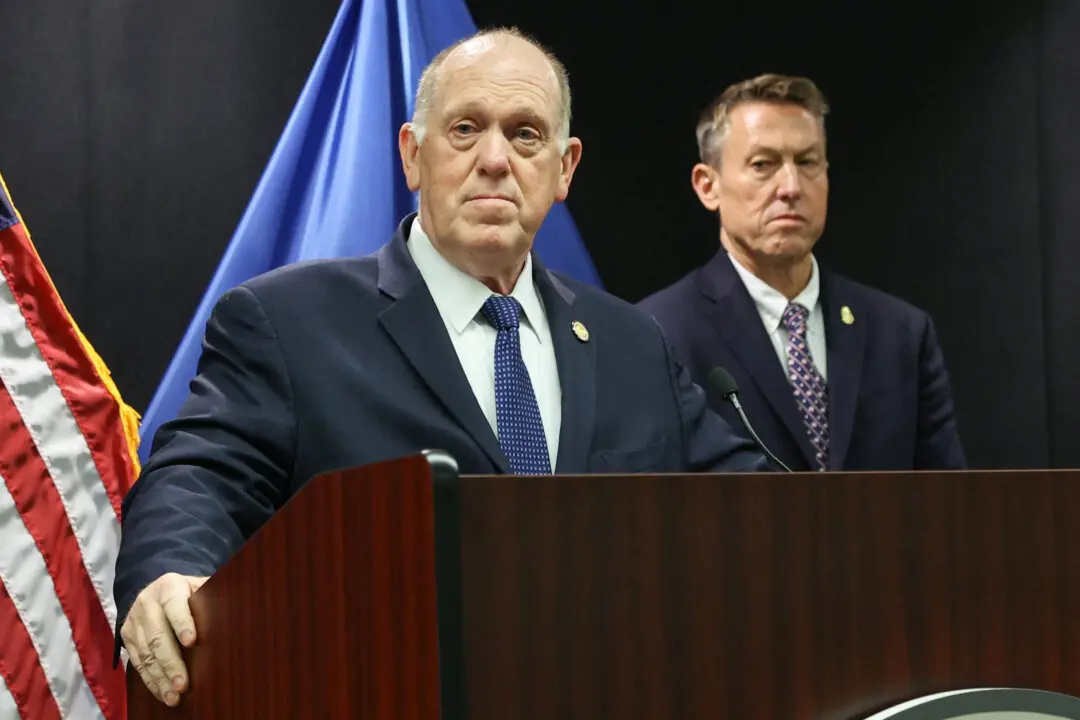Two new studies released this week have further suggested there is a link between mRNA COVID-19 vaccines and heart inflammation cases—coming after federal health officials added warnings to Moderna’s and Pfizer’s shots.
A study from Duke University, released in JAMACardiology, looked at four cases of myocarditis, which refers to an inflammation of the heart muscle, that occurred within five days of COVID-19 vaccination between Feb. 1 and April 30.





